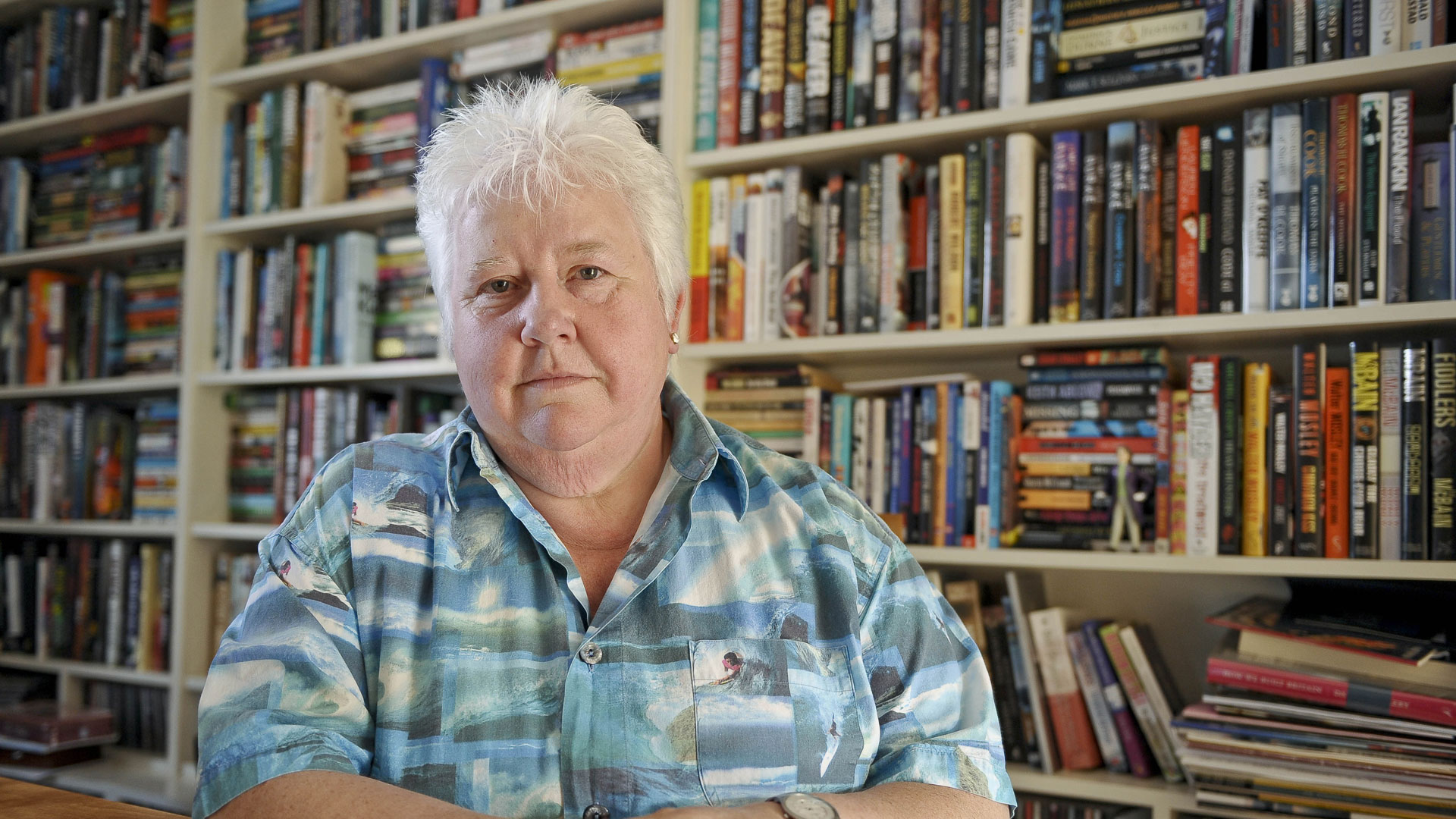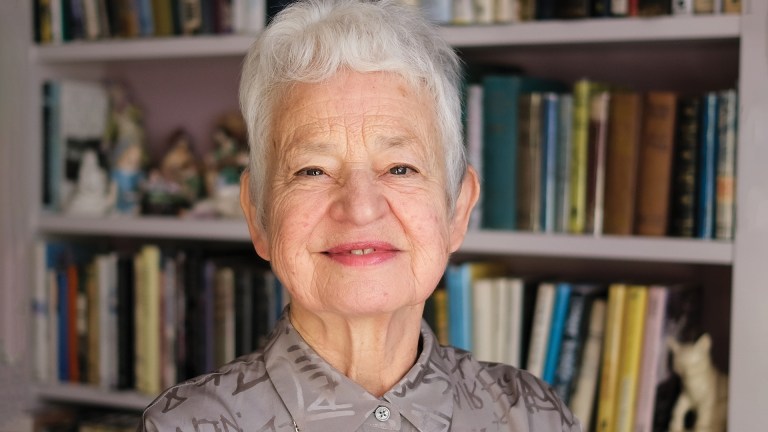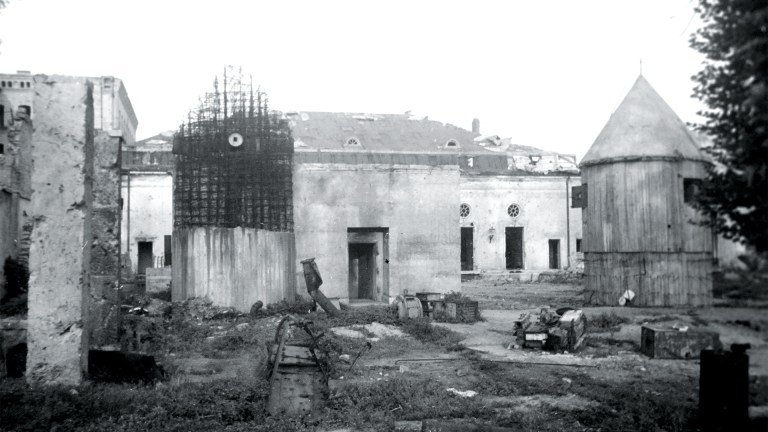“SJ Watson’s debut novel Before I Go to Sleep has been an international sensation, topping bestseller lists and picking up awards all over the place. It’s currently being made into a film, starring Nicole Kidman and Mark Strong. When he appeared at Harrogate, all that lay ahead of him, however. He overcame his shyness to discuss his novel, a gripping psychological thriller with the ultimate unreliable narrator – a woman with memory problems who can’t even trust herself.
“Before I Go to Sleep is a page-turning example of one current trend – apparently ordinary people whose domestic lives are turned upside down by a series of unexpected and often terrifying events that place them and their families in ultimate jeopardy. Other examples of writers operating in this unsettling style are debut author Paula Daly (Just What Kind of Mother Are You?) and another bestseller, Gillian Flynn (Sharp Objects, Gone Girl).
“Belinda Bauer brought us her debut novel, Blacklands. It went on to win the prestigious Gold Dagger award, and it reveals another trend. Once, the village mystery was at the heart of British crime writing. Back then, it was the cosy world of Miss Marple, where bleak reality never intruded. Now, when crime writers tackle life in the country, they present a more honest image of life in small isolated communities. Other examples are Ann Cleeves, (the Vera series and the Shetland Quartet) and Peter May (the Lewis Trilogy).
“David Mark’s Dark Winter introduced readers to the unexpected setting of Hull. His experience as a local newspaper journalist means he brings the city to life on the page. It’s not enough to have a great sense of place, though. The best regional crime novels are always peopled by characters we care about, who draw us into their unfamiliar lives.
“Regional noir isn’t a new phenomenon – it began more than 20 years ago with writers such as Ian Rankin (Edinburgh), John Harvey (Nottingham) and my own Manchester-based character, Kate Brannigan. But it’s still full of vigour and reveals us to ourselves in a way that few other styles of writing can manage.
“Its concern with the bigger picture, its willingness to engage with society and its descriptions of urban landscapes have as powerful a grip as ever. Other writers with distinct non-metropolitan cityscapes include Stuart MacBride (Aberdeen), Tom Benn (Manchester) and Denise Mina (Glasgow).
“Future readers who want to understand what living in the UK at the beginning of the 21st century was like will turn to our novels. The main reason is the breadth of the lives we encompass. Because murder doesn’t just touch one small social group. Victims and their friends and families, witnesses, killers, cops, the media – they’re all drawn in to our stories and we learn about their lives.
“That means there’s room for writers whose concern is clearly defined groups within our society. Stuart Neville writes about contemporary Belfast but everything he says about the present is coloured by the city’s history and the way lives have been distorted and disfigured by the Troubles. Anya Lipska has launched a series that promises to take us to the heart of London’s Polish community. These novels offer us the exotic within the commonplace.
“I could write about so much more – thrillers rooted in technology, the inexorable rise of the history mystery, the transformation of the espionage novel – but I’m out of space. The one clear and exciting trend in crime fiction is that there is no limit to the creativity of its practitioners. Which is great news for readers.
Val McDermid is Programming Chair at the Theakstons Old Peculier Crime Writing Festival, Harrogate, July 18-21, The Old Swan Hotel. The festival features back-to-back events, including McDermid’s New Blood panel. Special guests include Kate Atkinson, Susan Hill, Ruth Rendell and Lee Child









